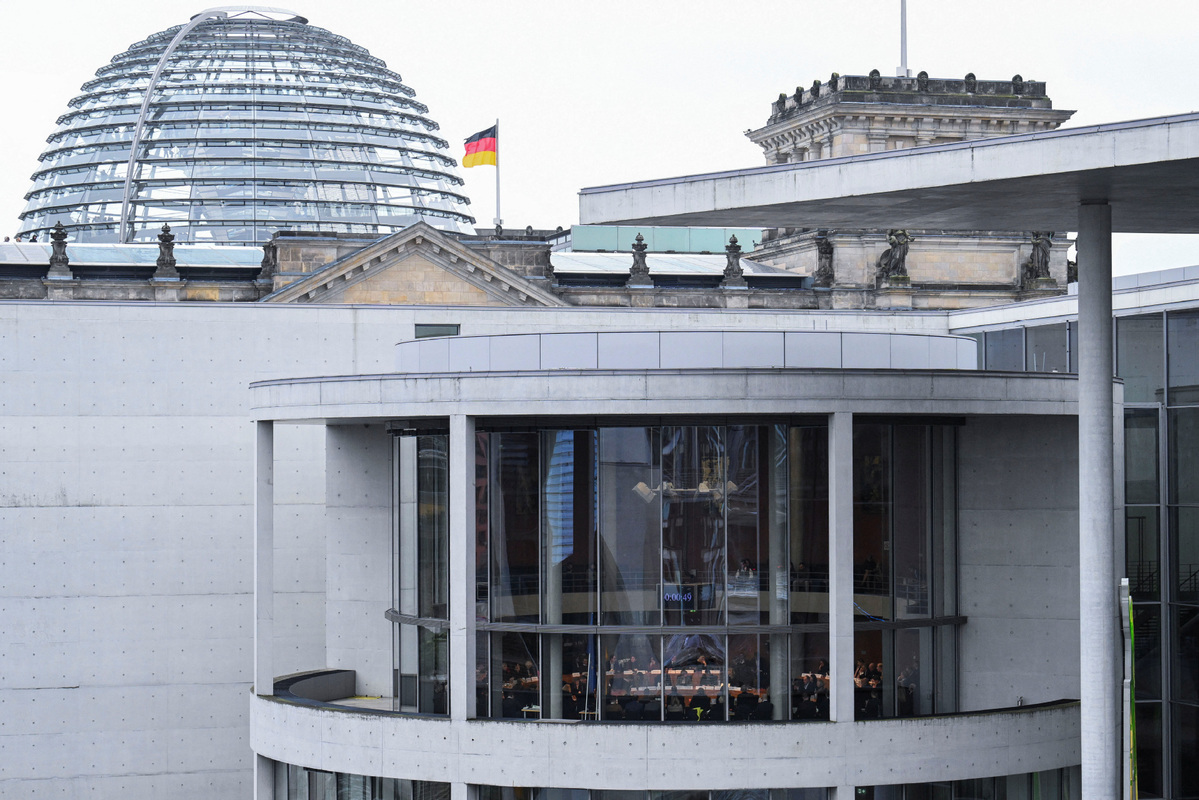German lawmakers hope to learn Magdeburg attack lessons


Security and intelligence service officials have been hauled before a parliamentary committee in Germany to explain why they failed to prevent the Dec 20 Magdeburg Christmas market attack that claimed five lives and left more than 200 people injured.
Lawmakers on parliament's interior committee said they hope to learn whether failings left the door open to the attack, in which an apparent far-right supporter drove a rented BMW sport utility vehicle through a crowd of Christmas shoppers.
Interior Minister Nancy Faeser and officials from the state of Saxony-Anhalt, where the attack happened, joined lawmakers on Monday for the first day of the session aimed at finding whether there are lessons to be learned.
Describing the suspected attacker, a 50-year-old Saudi Arabian man, as someone with "striking signs of a pathological psyche", Faeser asked whether alarm bells should have rung when he posted "tens of thousands of tweets" with radical ideas over a period of years.
But she said the vast amount of information available means investigators are now being swamped with details.
"That explains why not everything is on the table yet," state-owned broadcaster Deutsche Welle quoted her as saying. "Who knew about which clues, and what was passed on when, must be carefully clarified."
The alleged attacker, who had tens of thousands of online followers and who frequently criticized Islam, had been in contact with law enforcement agencies and made court appearances but had not been considered dangerous.
However, Saudi Arabia has said it repeatedly issued warnings about him and urged the German authorities to act.
Germany's security services are now under pressure to explain why they failed to heed the warnings.
After the committee wrapped up Monday's work, lawmaker Konstantin Kuhle, from the FDP party, told DW "the federal and state authorities knew this perpetrator" but had not connected the dots.
Fellow lawmaker Gottfried Curio, from the far-right AfD party, said "everything was foreseeable for everyone" but no action was taken.
"What we need are deportations, instead we get naturalizations," DW quoted him as saying. "What is needed now is a change in security policy in this country."
The committee is expected to detail how information about the suspect was handled and whether opportunities were missed.
Several lawmakers have already called for enhancements to Germany's security apparatus, including more coordination between federal and state authorities.
Germany's Chancellor Olaf Scholz was set to refer to the attack in his New Year address, urging people not to give in to hatred and anti-immigrant sentiment and to turn their backs on far-right parties in February's snap election.
"It won't be the person who yells loudest who will decide where Germany goes from here – rather, it will be up to the vast majority of reasonable and decent people," Reuters quoted him as saying.

































